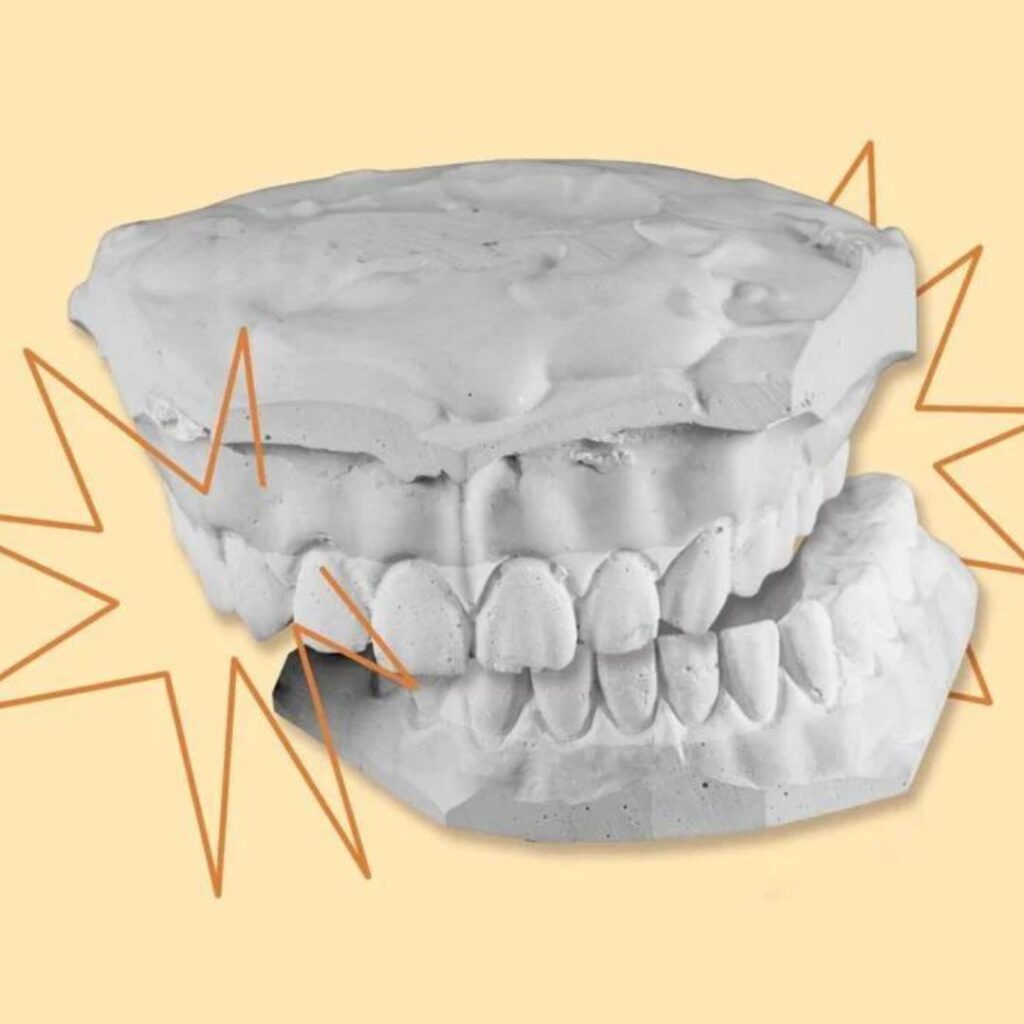Do You Grind Your Teeth?

While teeth grinding, also known as bruxism, usually isn’t so serious a health risk by itself, researchers tell the Star it can be a byproduct of deeper issues. Here’s why dentists like Iyer are reporting an uptick in bruxism — and why it matters.
Is teeth grinding on the rise?
Dr. Michael Glogauer, the head of dentistry for the University Health Network, head of dental oncology at the Princess Margaret Cancer Centre and a professor of dentistry at the University of Toronto, told the Star he’s seen a similar spike in bruxism at his practice — as well as more serious dental issues. “I’ve looked at the data from my own clinic and I definitely noticed that … we’ve seen a 20 to 25 per cent increase in the number of patients coming for fractured teeth” in the three years post-pandemic compared to the three years before, Glogauer said. Like Iyer, he attributed the increase largely to stressors ranging from global issues like the COVID-19 pandemic and outbreak of numerous wars, to local ones like the cost of living crisis and a lack of affordable housing. “I think life and everything that’s going on right now, and during the past four-plus years has definitely led to increased stress. So it’s not surprising that, as a result, teeth grinding has gone up,” he said.
What causes teeth grinding?
According to Lavigne, an estimated eight to 12 per cent of Canadians experience nighttime bruxism, although it can also happen when we’re awake. There are a great many factors linked to its appearance, but doctors still don’t fully understand why it happens, he explained — especially as bruxism can have different causes and implications for different people.
That said, studies show a possible but not exclusive relationship between stress and teeth grinding. It’s also known certain antidepressants and illicit drugs like cocaine can cause some to clench their teeth more, Lavigne said, although this isn’t the case for everyone.